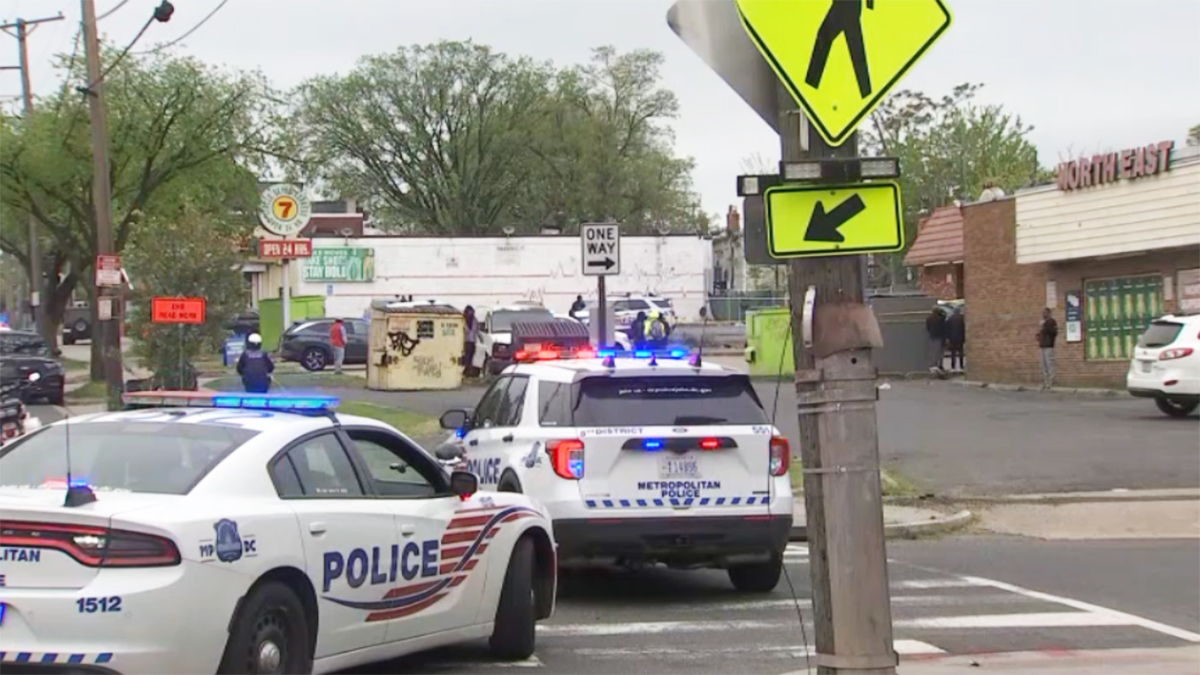What to Know
- The rate at which women die of pregnancy-related causes is higher in D.C. than in any state in the country, federal data shows.
- Black women are more than three times more likely to die of pregnancy-related causes than white women, the CDC says.
- The committee proposed in D.C. would set out to determine the causes of pregnancy-related deaths and then make policy recommendations.
Amid the highest maternal mortality rate in the country, the D.C. Council gave preliminary approval Tuesday to the creation of a committee that studies the causes of pregnancy-related deaths and works to prevent them.
The rate at which women die of pregnancy-related causes is higher in Washington, D.C. than in any state in the country, federal data shows.
From 2005 to 2014, an average of about 39 women per 100,000 live births died in D.C. of causes related to pregnancies, according to an analysis of Centers for Disease Control and Prevention data published by the journal "Obstetrics & Gynecology" in October 2016.
That's more than double the national average of about 17 women who died per 100,000 live births.
The D.C. Council unanimously passed a bill on Tuesday to establish the D.C. Maternal Mortality Review Committee.
Council Member Charles Allen said he authored the bill to help save women's lives.
Local
Washington, D.C., Maryland and Virginia local news, events and information
“Maternal mortality rates in the District indicate nothing short of a maternal health crisis,” he said in a statement. “The District’s maternal mortality rate is far higher than in neighboring jurisdictions and the United States as a whole. And we don’t have consistent data to tell us why.”
The initial passage of the bill follows the shutdown of the labor and delivery unit at United Medical Center in Southeast D.C., which serves some of the city's poorest residents. Regulators shut down the unit in August, citing concerns about public safety.
D.C.’s maternal mortality rate far surpasses that of other states, with New Jersey -- the state with the second-highest rate -- reporting about 30 deaths per 100,000 live births, according to the "Obstetrics & Gynecology" article.
Maryland and Virginia have lower rates, at about 24 and 12 per 100,000 live births, respectively.
When you compare D.C.'s maternal mortality rate to other major cities, rather than to states, it's still high. In New York City, an average of about 23 women per 100,000 live births died of pregnancy-related causes from 2013 to 2015, state health department data says. In Los Angeles, the rate is about 18, according to data analysis by the community health organization LA Best Babies Network.
The death rates vary by race. Black women are more than three times more likely to die of pregnancy-related causes than white women, the CDC said, based on data from 2011 to 2013.
The CDC links deaths among pregnant women to chronic health conditions including hypertension, diabetes and heart disease.
American women are more likely to die of a pregnancy-related cause than women in any other developed country in the world, data from the international aid organization Save the Children says. Women in the U.S. are more than 10 times more likely to die because of pregnancy than women in Austria, Belarus or Poland, the organization said in a 2015 report.
If the D.C. bill passes a second vote and is approved by Mayor Muriel Bowser, the city would create a committee under the chief medical examiner that would set out to determine the causes of pregnancy-related deaths. Then, they would make policy recommendations.
“If we want to put the right policies and priorities in place to prevent more deaths related to childbirth, we need to understand what’s happening to our mothers,” Allen said. “Getting a maternal mortality review committee up and running is the first step to charting a path forward and saving women’s lives.”
The bill is now under Council review.



